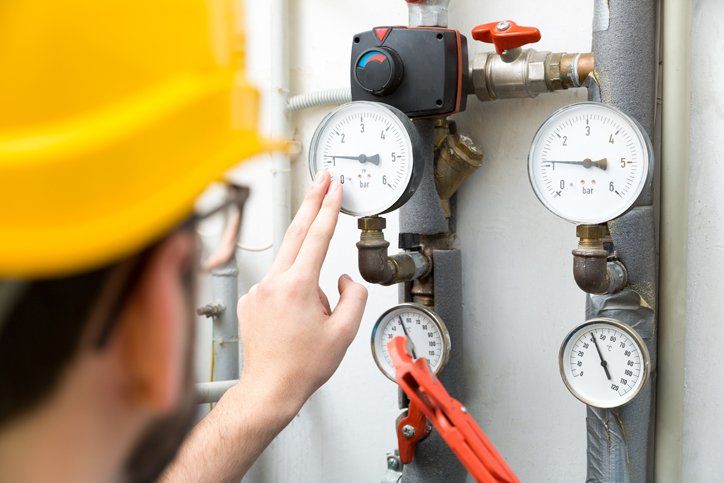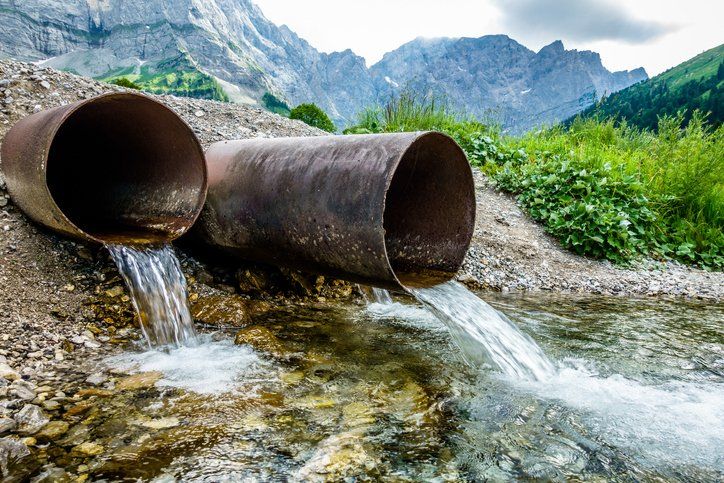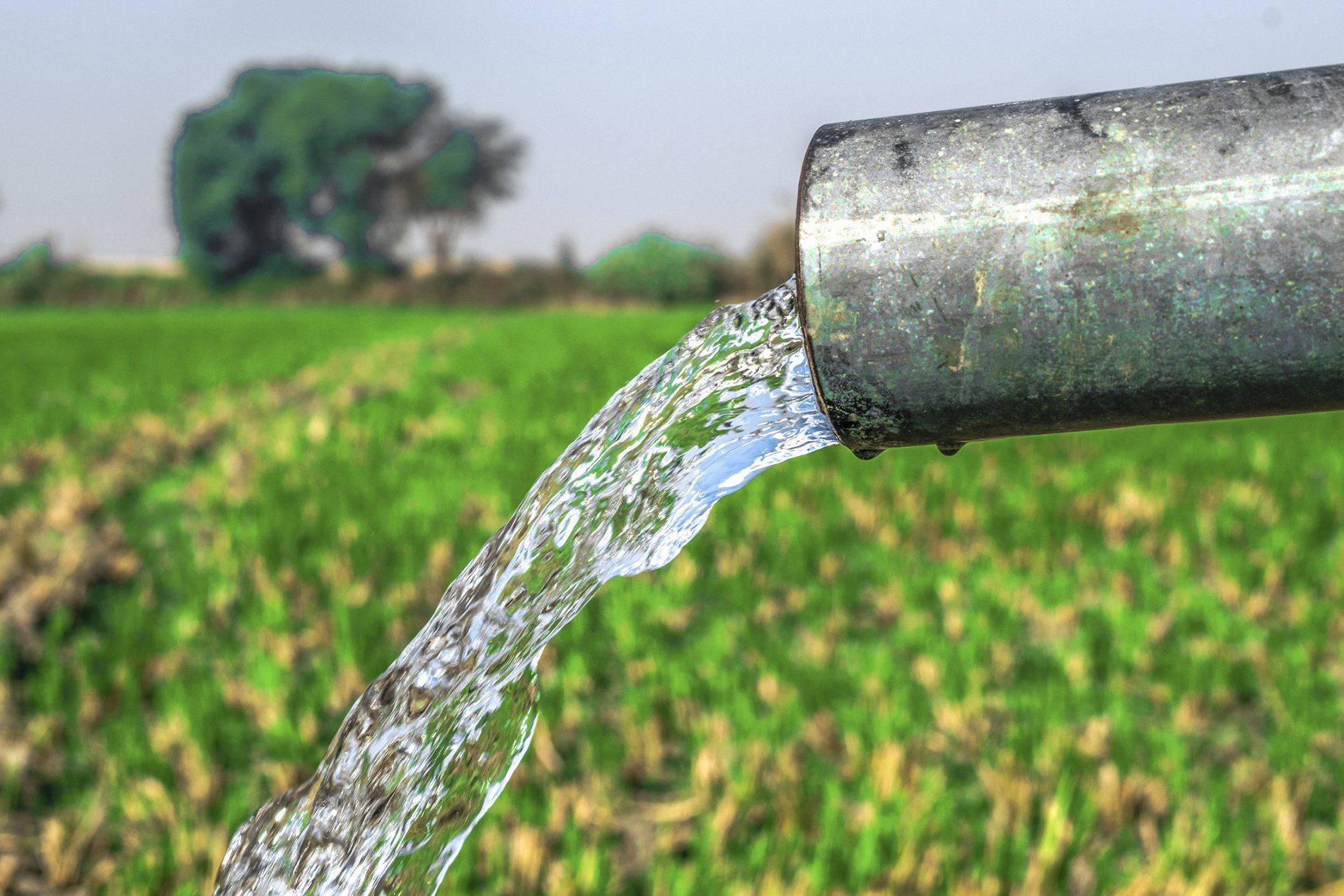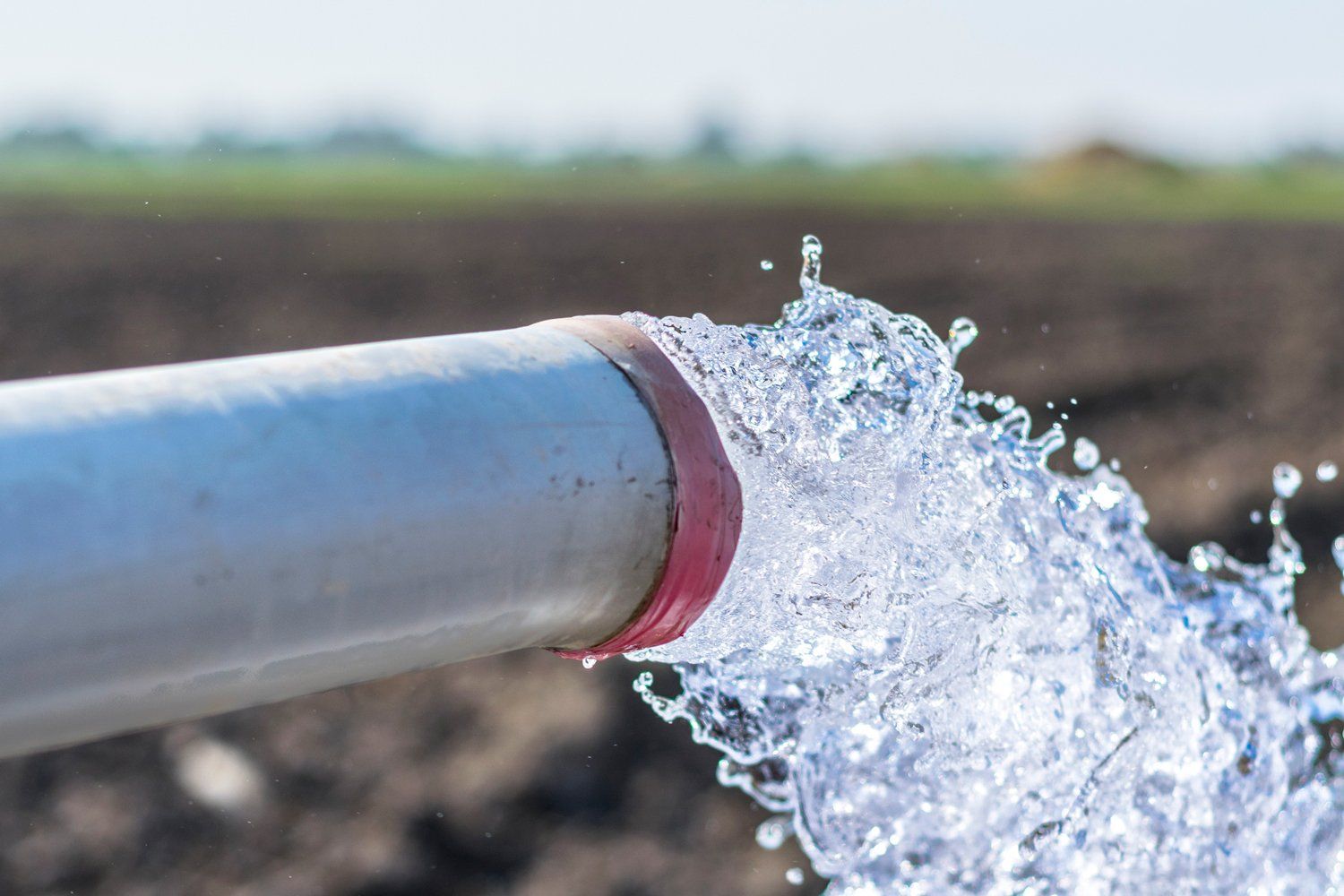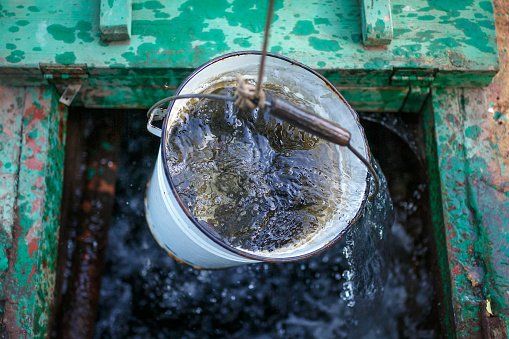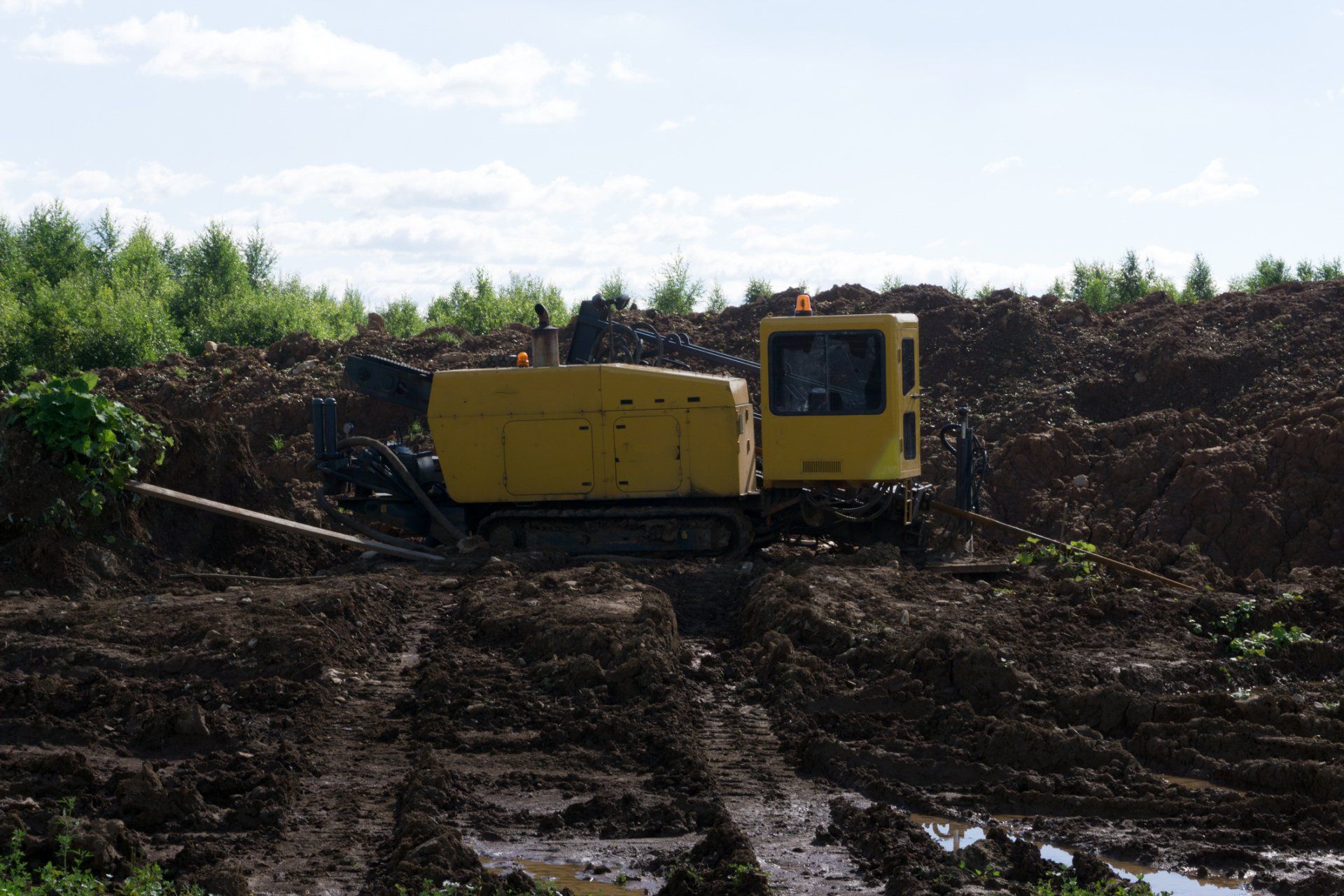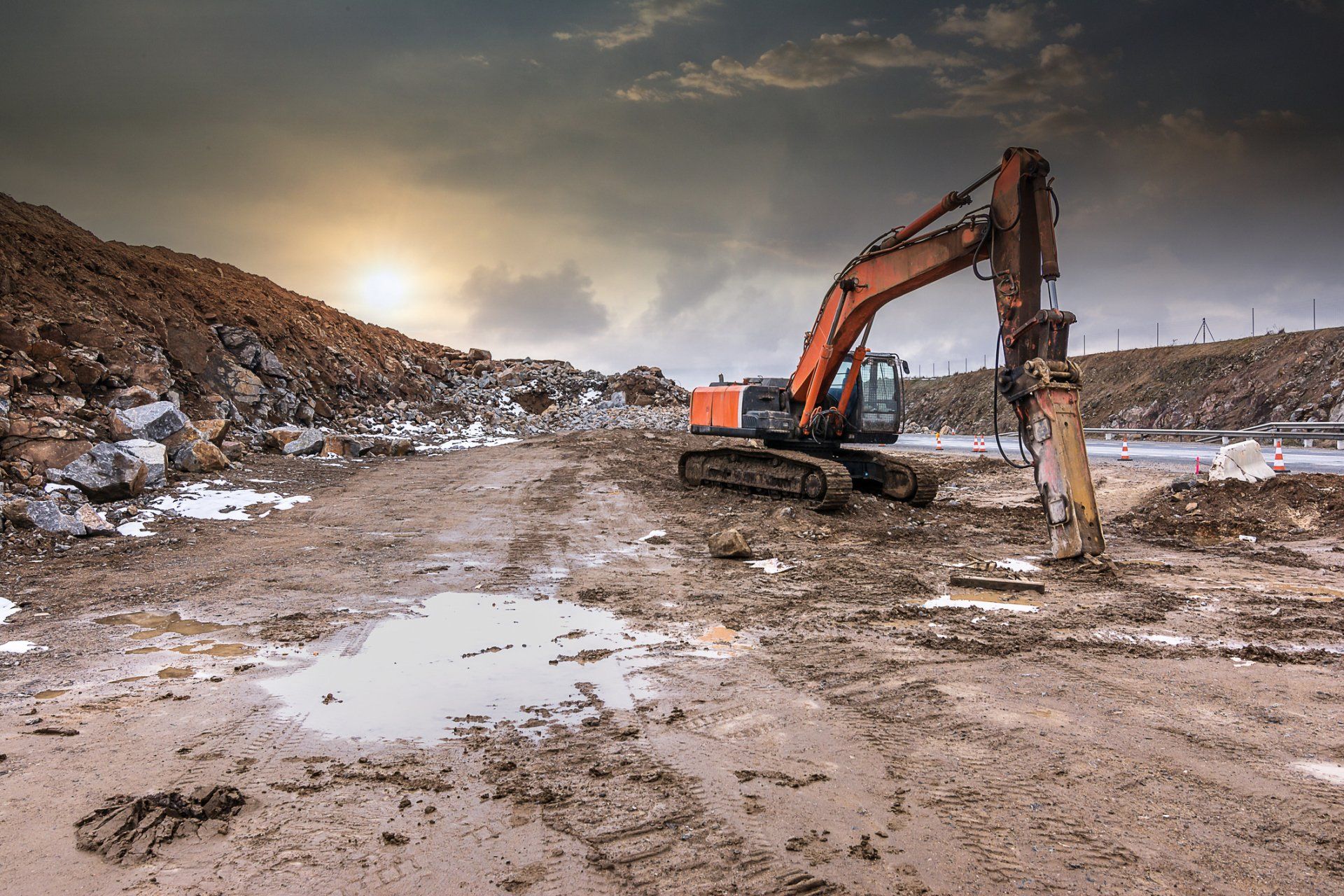Well Water Testing: What You Need to Know
- By Admin
- •
- 18 Sep, 2018
- •
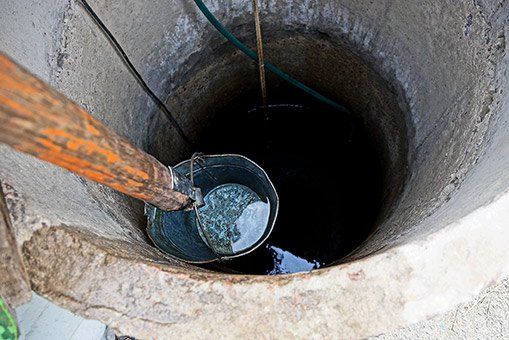
If a private well is your home's main source of water, you are responsible for testing the quality of this water. The signs of contaminated groundwater are not always obvious. Your water may look and taste just fine but still contain harmful impurities.
Whether you already own a well or you are looking to drill one, understanding well water testing can help you prevent short- and long-term health problems resulting from contaminated water.
Read on to learn more about well water testing and keeping your well water clean.
Well Water Testing
Experts recommend that you test your well water at least once a year. Tests will only indicate the water quality on the day you test the water.
Water quality changes over time due to factors such as fluctuating weather seasons, flooding, and drought. Regular testing allows you to keep up with changes in water quality and to take immediate action to eradicate contaminants.
Several tests are available to determine the quality of your well water. These tests are categorized into bacteria and chemical testing.
Bacteria Tests
Several types of bacteria can infest water, with the most common ones being Escherichia coli (E.coli) and Total Coliforms.
The presence of E.coli
bacteria may indicate that fecal matter has contaminated your well water. E.coli can have serious health consequences and may result in death.
Total Coliforms bacteria originate from fecal matter and surface contaminants such as those found in soil. Your well may need cleaning or upgrading to minimize the presence of coliforms bacteria.You should test your water for bacteria at least one to three times a year.
Chemical Tests
Common chemicals found in well water include metals such as manganese, lead, and copper. Other chemicals include fluoride and nitrates.
Traces of chemical metals may not be harmful, but high levels of these metals can have adverse health effects. High lead and copper levels in groundwater may lead to growth and developmental problems in children.
Human and animal waste and agricultural activity can contribute to nitrate contamination of well water. Shallow and poorly constructed wells are especially prone to nitrate contamination. This is why you should have reputable contractors drill your well.
Small amounts of fluoride in groundwater can have dental benefits. However, children are especially vulnerable to high levels of fluoride, which can affect bone development.
These are just a few chemicals present in groundwater. Depending on the environmental conditions in your area as well as human and industrial activity, consider testing for a broad range of chemicals.
Well Water Treatment
Your well water contractor can send water samples to a testing laboratory. Ideally, they will collect these samples from the tap and the source.
If the results conform to the water quality requirements provided by the Environmental Protection Agency (EPA), you may be safe from short-term health risks. However, you should still consider treating your water to improve quality.
A high level of chemical and bacterial contaminants in groundwater is a cause for concern. You should treat your water immediately to prevent serious health issues.
Several water treatment systems are available including water softeners, filtration systems, and distillation systems. Your well water contractor can help you select the most suitable filtration system for your household.
Many well owners wrongly assume that disinfecting groundwater is enough to keep contaminants at bay. However, you should first test your water to identify the types of contaminants present so that you can find effective long-term treatment solutions.
If you are planning to drill a well, get in touch with the reputable well water contractors at McCall Brothers Inc. to ensure that your water supply is of a high quality right from the get-go. One of the reasons we are trusted within the community is our dogged commitment to clean water for our clients.


